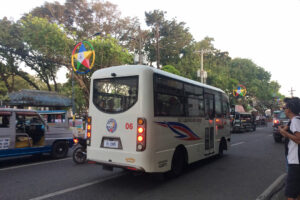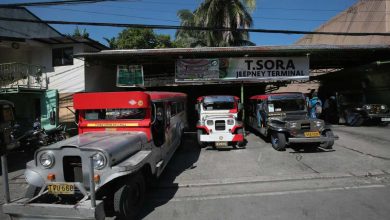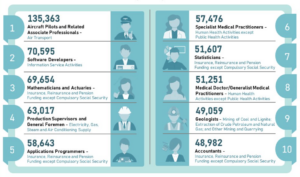Basic Energy seeks nod to deploy 6,500 electric buses

BASIC ENERGY Corp. is seeking franchises to deploy 6,500 electric buses (e-buses) in different routes in the country within five years, the company said on Tuesday.
In a project brief disclosed to the local bourse, the listed energy firm said it is seeking 82 franchises from the Department of Transportation (DoTr) and the Land Transportation Franchising and Regulatory Board to deploy initially 10 up to 80 class 2 e-buses in each province.
Basic Energy presented to the DoTr the updates of its Green Energy E-Transport Program (GEEP) and the related e-charging facilities.
“GEEP is a holistic program that covers both the energy supply from a renewable energy source and the demand coming from modern e-buses,” the company said.
Aside from e-buses, the company said it would place retail stations “that will be solarized and equipped with power storage and EV (electric vehicle)-charging facilities” along the franchised routes.
The company is also seeking the support of the National Electrification Administration in collaborating with distribution utilities in installing 5-megawatt solar systems and battery energy storage systems to cover the clean energy needs of the e-buses.
Basic Energy has tapped Ecology Builders and Development Corp. to serve as its local assembler of the EV units. Its wholly owned subsidiary Basic Energy Renewables Corp. will install rooftop solar panels, battery storage facilities and e-charging stations.
“The e-buses will be sold to transport cooperatives/operators with two models to choose from at competitive prices vis-à-vis Euro 4 diesel-engine powered version, not to mention, the 40% savings in energy costs,” the company said.
It also aims to consolidate various sources of renewable energy and their related business into what it intends to call “Basic e-Hub.”
“This will consist of e-transport services such as charging facilities for the e-buses and e-jeeps, in cooperation with a local transport cooperative.”
Under Republic Act No. 11697 or the Electric Vehicle Industry Development Act, EVs must comprise 5% of the total fleet of industrial and commercial companies, public utility operators, local government units, national government agencies, and government-owned and -controlled corporations.
Data from the Electric Vehicle Association of the Philippines showed that there are about 15,300 EV units in the country, including 354 electric motorcycles and 88 e-buses.
On Tuesday, shares of the company went down by P0.0006 or 3.23% to close at P0.18 apiece. — Sheldeen Joy Talavera




